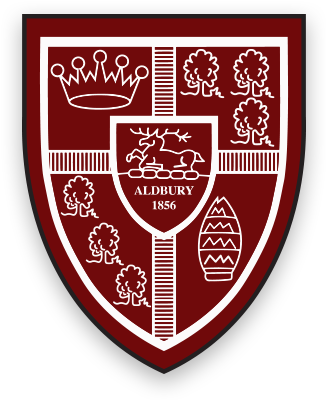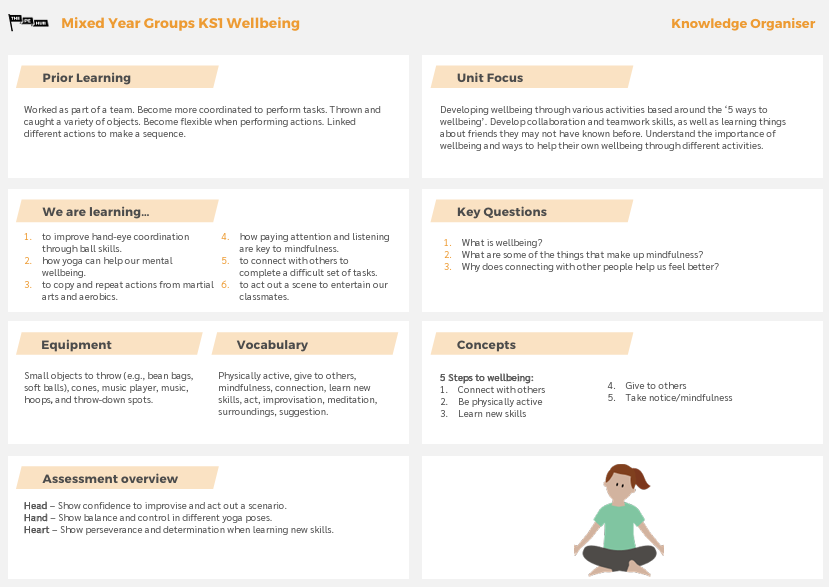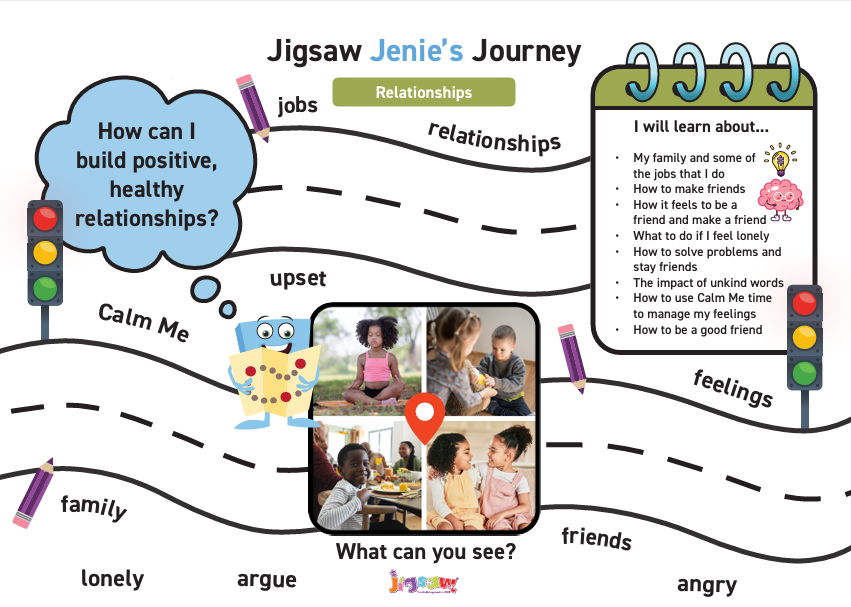Summer Term 2025
Literacy
This Summer term, our Reception children will be embarking on exciting literacy adventures inspired by a range of engaging stories from the Literacy Tree. In the first half of the term, linked to the book The Night Pirates, children will be developing their ability to follow instructions and will be introduced to various phonic sounds, including r-controlled vowels and digraphs. They will have opportunities to write in role as pirates, learn a pirate song, and apply to join the Night Pirates by writing letters. This will culminate in creating a ‘How to be a Pirate’ guide.
Later in the first half term, through the book Weirdo, the focus will shift to celebrating individuality. Children will participate in discussions about what makes them unique and will write to express their feelings and ideas. They will explore the importance of kindness and acceptance and will work towards creating an instructional leaflet on being yourself and accepting others.
In the second half of the Summer term, inspired by And Tango Makes Three, children will explore the theme of family and friends. They will learn about penguins and will engage in writing letters of advice, new baby cards, and will have the chance to create their own versions of the story. This unit will support the development of early writing skills, including writing signs and lists.
Finally, through Oi Frog!, the children will delve into the world of rhyme. They will identify rhyming animal-object pairs, use sound-talk to retell parts of the story, and will ultimately devise and write their own rhyming narratives. Activities will include creating rhyming flip-books and writing captions and labels. Throughout the term, there will be a strong emphasis on developing communication and language skills, including listening attentively, responding to questions, and expressing ideas in full sentences..
Maths
During the Summer term, the children will engage in a variety of mathematical activities designed to deepen their understanding of numbers, shapes, and spatial reasoning. The term is divided into six blocks, each focusing on different aspects of mathematics:
To 20 and Beyond:
- Children will explore numbers beyond 10, focusing on counting, building, and recognising patterns up to 20. Activities will include verbal counting, using manipulatives, and creating number stories.
How Many Now?:
- This block emphasises addition and subtraction within 10. Children will learn to add more, take away, and understand the concepts of "how many now" through practical activities and number stories.
Manipulate, Compose, and Decompose:
- Students will work with shapes, learning to select, rotate, and manipulate them to create new shapes. They will explore composing and decomposing shapes, identifying shapes within shapes, and copying complex 2-D shape pictures.
Sharing and Grouping:
- Focused on division, children will learn to share objects equally and group them into sets. They will explore the concepts of odd and even numbers and practice building doubles through engaging activities.
Visualise, Build, and Map:
- This block enhances spatial reasoning skills. Children will replicate scenes, visualise from different positions, describe positions using spatial language, and create maps from familiar places and story situations.
Make Connections:
- The final block encourages children to deepen their understanding by making connections between different mathematical concepts. They will explore patterns, relationships, and problem-solving strategies through various activities.
Music
Music is always happening in the Early Years. We will be exploring a variety of songs this term. Our first song is called 'I've got feelings'. This unit is all about exploring our feelings and emotions. Music is an incredible tool to express our feelings through song, which we will do in some of the songs and warm ups, but we’ll also be exploring the breadth of different emotions through sounds and music that we listen to. What do certain sounds make us feel? How could we express our own feelings through the sounds and music that we make?
After half term we will exploring the song - 'Let's Jam!'. This unit is all about developing our love for music, exploring different sounds and instruments, as well as playing together as a ‘band’ and in small groups. In a culture where often being a ‘singer’ or a musician is associated with TV auditions, pop stars, and celebrities, we want to emphasise the importance of enjoying music for music’s sake! There’s so much joy to be found in taking part in ensembles, singing together, and freedom in playing freely through improvisation. Having fun making music can have a huge impact on cohesion of your class, and the wellbeing of the children.
Physical Education (PE)
Game On Sports Coaches come into school on Fridays. This term they are looking at ball skills and Athletics.
Mrs Godman also leads a PE lesson on a Monday. This term is looking at speed, agility, travel and wellbeing.
PSHE - Personal, Social, Health Education
In the first half term our topic is called 'Relationships'. Children are introduced to the key relationships in their lives. They learn about families and the different roles people can have in a family. They explore the friendships they have and what makes a good friend. They are introduced to simple strategies they can use to mend friendships. The children also practise Jigsaw’s Calm Me and how they can use this when feeling upset or angry.
After half term the topic is 'Changing Me'. Children are encouraged to think about how they have changed from being a baby and what may change for them in the future. They consolidate the
names and functions of some of the main parts of the body and discuss how these have changed. They learn that our bodies change in lots of different ways as we get older. Children understand that change can bring about positive and negative feelings, and that sharing these can help. They also consider the role that memories can have in managing change.




